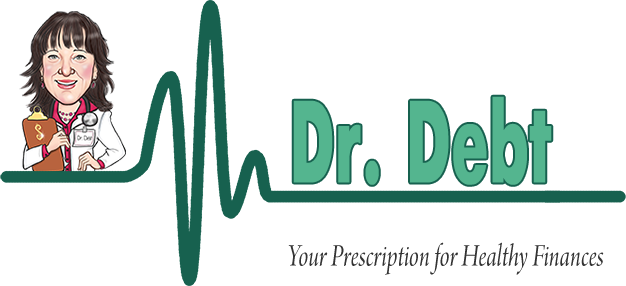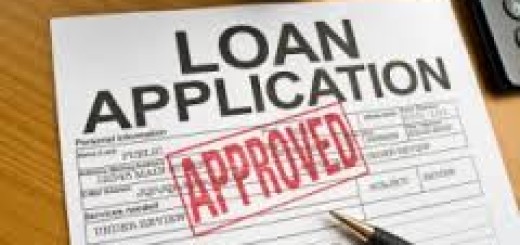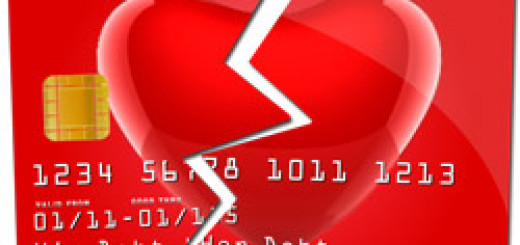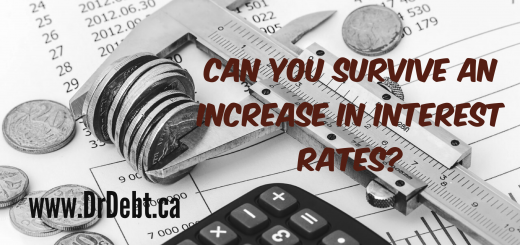How to stop paying your debt and avoid unnecessary stress
I will be the first to admit that the above title is a bit confusing. And I am certainly not being an advocate for those who simply choose not to pay back money they owe. Please read on for the full message…
What I am saying is that sometimes there is little alternative.
Take Susan, for example. When she came in to see me, she had $1400 a month income. Single. No kids. Her basic living expenses eats that up quickly enough. She has $25k in debt. Aside from $3000 in credit card debt, all of it is from her studies. which she has stopped pursuing, because she cannot afford to go to school at this time. She was incredibly stressed out over the figure the collection agent was asking for per month and the threat that they would simply take her to court and take everything she owns if she didn’t pay.
We discussed the general options that everyone has:
Budget yourself out of debt? – Nope! There’s not enough to pay the basic expenses now
Refinance? – Definately a no go. Not only because she wouldn’t qualify for financing but because, even if she magically did, wrapping that $28k into a loan would only result in a payment that she still could not afford.
Debt Settlement – Not going to happen for two reason: (1) no cash flow to offer anything at the moment, and (2) Student Debt is excluded from settlements if they are less than 7-years old, and hers is just over a year old.
Bankruptcy – same as above, can’t include student loan debt (for good reason) if it is less than 7-years since you stopped going to school.
So, what does Susan do?
There is no simple answer. She has no option but to ignore her debt as there is literally not even $20 a month that she can pay towards it. And she suffers from anxiety.
Owing money and anxiety do not mix!
The best I could do for her at the moment was offer some advice to enable her to work with Student Loans and explain what her creditors can and can’t do as she figures this out.
What she can do…
She is going to apply for Student Loan Repayment Assistance. That is the logical first step. Let’s see if they will give her interest-relief payments, or no payments, for a period of time while she looks for a better-paying job or a second job.
What her creditors can do…
I explained what her creditors could do when the debt wasn’t paid. Namely they could send it to collections (that process has already been started). They could take legal action (no action yet, just threats). I further explained that unless she received a notice that they were going to court not to worry about the threats.
I further explained that if they did take her to court, they could do one of three things:
- Go after any real property (house/land) in her name – she doesn’t have any.
- Garnishee her wages – she is working but making a minimal amount, the percentages creditors can garnishee vary by province. We didn’t do the calculation as I doubt the creditors she has would pursue this option given the low amount owed to each creditor and the cost to them to go to court to obtain a garnishee order.
- Seize & Freeze – seize other non-essential property (she has none) or her bank account (a possibility) or, and this is the more likely one with Student Loan Debt, intercept any tax refund / gst rebate money (she was prepared for that already and had no issue with any of these refunds going towards her debt).
Related Post: Help! The Bank took my Money!
As frustrating and stressful as it is sometimes, you may just need to stop paying everything while you figure life out. Understanding what the creditors can and can’t do, what rights you have and don’t have can offer some piece of mind. It won’t get rid of all of the stress, but one of the biggest causes of stress/fear is fear of the unknown.
I must add a note here about bank accounts. If you are choosing not to pay debt it is important to protect your income. If you bank where you owe money, your cash flow may be at risk and you may benefit from opening a new bank account. Otherwise you risk having what few dollars you do have taken from your account causing a much bigger financial issue due to missed payments on essential items – housing, transportation and utilities, as an example
The best case-scenario, following the above actions, is that you at least know what can and can’t happen if you are unable to pa your debts. It is important that you seek financial advice to explore ALL of your options to ensure you are making the right decision for you based on your personal circumstances.
Wishing you all…
Happy, healthy finances!
Mary Ann Marriott,
aka Dr Debt






